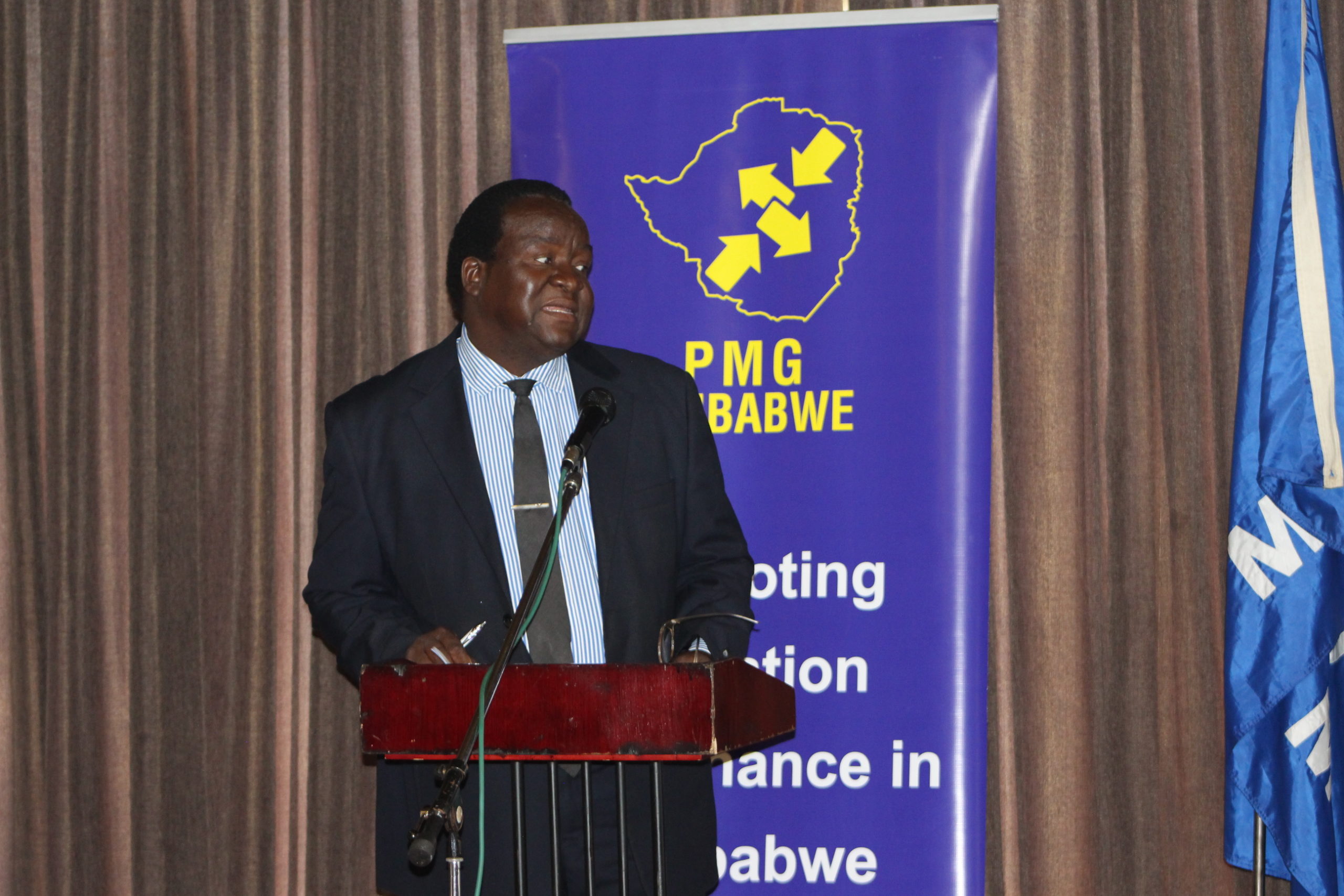By Byron Mutingwende
Diaspora nationals contribute immensely to the development of their countries of origin and destination countries it has emerged.
This was revealed by Grasiano Nyaguse, the Director of Economic Planning and Coordination in the Ministry of Macro Economic Planning and Investment Promotion at a workshop to develop a diaspora engagement action plan that was held at the Rainbow Towers Hotel in Harare.
“Governments at both ends of the migration cycle increasingly recognise the immense value and contributions of diaspora nationals to the development of their countries of origin and destination countries alike,” Nyaguse said.
The International Organisation for Migration (IOM) notes that beyond the remittances they send back to their homelands (more than USD 440 billion in 2011), diaspora nationals represent social, economic, intellectual and political capital, a pool of knowledge and expertise which if fully harnessed of immense benefits to economies in both sending and destination countries.
It has emerged that over the past decades, the size of the Zimbabwean diaspora has steadily grown. Estimates of the number of Zimbabweans in the diaspora vary markedly. The estimates range from between 500 000 to 4 million with indications that many have settled in South Africa, Botswana, the United Kingdom, the United States of America, Australia, New Zealand and Canada, among other destinations.
In a speech read on her behalf, Dr. Judith Kateera, the Permanent Secretary in the Ministry of Macro Economic Planning and Investment Promotion said the government, with the financial and technical support from IOM, has made remarkable headway to ensure a mutually enriching relationship between the diaspora and the country.
“My Ministry, with support from the IOM Development Fund, developed and adopted a national Diaspora Policy, established a Zimbabwe Diaspora Directorate and embarked on Diaspora engagement meetings in the United Kingdom, Canada and South Africa,” Kateera said.
She added that the Action Plan will outline the diaspora policy areas; strategic objectives; concrete activities to be undertaken; responsible line ministries and institutions; timelines; and indicative resources required.
Lily Sanya, the Chief of Mission of IOM Zimbabwe said international migration would increase sharply due to the global demographic and labour market trends, environmental change, shifting global economic and political dynamics, technological innovations and social networks.
The focus of the recent 2017 Global Forum for Development held in Berlin under the theme “Towards a Global Social Contract on Migration and Development” was on a fair balancing of interests between migrants and their countries of origin, transit states and destinations within the framework of regular and orderly migration.
“Therefore, engaging diaspora as entrepreneurs, social investors and policy advocates would go a long way in addressing the migration and development nexus. One of the ways of doing this is to include diaspora priorities and perspectives in development plans and policies,” Sanya said.
Within the African Union framework, member states are encouraged to mobilise the skills and resources of the Diaspora to enhance the institutional capacities of national and regional institutions. Many African countries have rolled out programmes for mobilising the diaspora. Some of these programmes include designating large hectares of land for diaspora investment, duty-free regimes for movement of equipment from abroad, knowledge transfer programmes, out of country voting, among others.
The IOM is implementing the 11th European Development Fund project titled “Promoting Migration Governance in Zimbabwe.” One of the key components of this project is diaspora mobilisation for development. Within the project, there are some initiatives to engage the Zimbabwean Diaspora.
The recent investment conference held last month in South Africa, which was headed by Vice President Phelekezela Mpoko attracted a lot of investors who were keen to invest in the country.
Agrippa Mugwagwa from FBC Bank said the country should tap in from a pool of expertise in the Diaspora community.
“We have Zimbabweans who hold key positions such as chief investment officers who can contribute to the growth of the country by releasing funds to the country,” Mugwagwa said.
Ambassador David Hamadziripi from the Ministry of Foreign Affairs commended the Ministry of Tourism for actively engaging the Diaspora community. He also commended the government for introducing the Special Economic Zones, which would usher in investment opportunities in the country.
